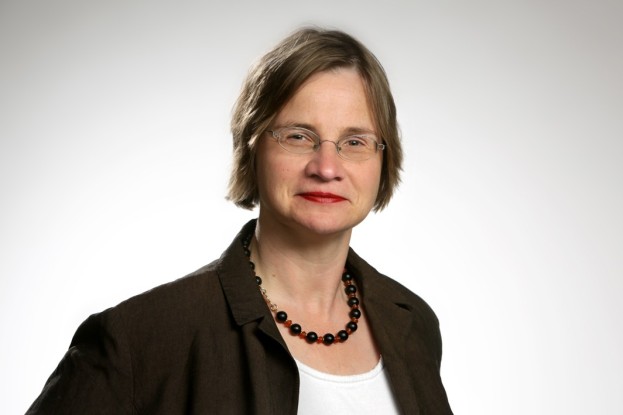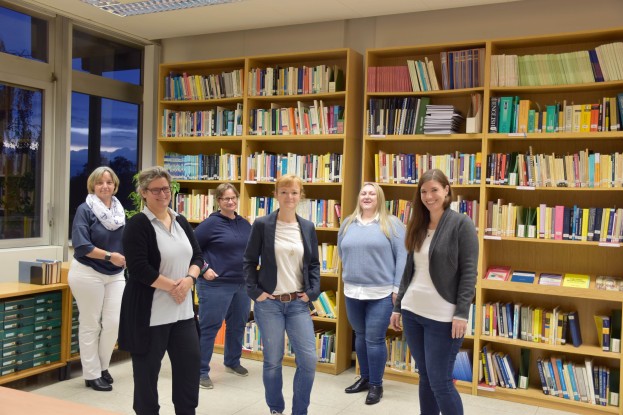This minor subject is a special minor subject. Please be sure to read the relevant information in the general information.
Capacity: There is currently a capacity limit of 10 students for the minor subject Mechanical Engineering. This means that as long as fewer than 11 students wish to start the minor subject in a semester, the choice can be approved immediately. Otherwise, approval must first be obtained from the Department of Mechanical Engineering. Therefore, if possible, let us know in the orientation week which minor you would like to take.
Your degree programme, field of study, examination regulations version and (from PO 2018) minor subject version are relevant for the choice of minor subject. Please be sure to read the general information. There you will also find the number of credit points (CP) to be earned. Modules not listed here are possible with approval.
Please note: Not everything you can choose in TUCaN can also be included in the degree programme.
Due to a change in the study regulations of the minor subject, for example, certain module combinations may not be possible (because they overlap too much). In case of doubt, please ask for approval of a voluntary examination plan or ask our study coordinator.
A specialisation in Mechanical Engineering cannot currently be offered, as an appropriate range of courses cannot be guaranteed in the long term.
This does not prevent individual students from studying such a specialisation if they are able to put together a meaningful study programme through a suitable combination of modules. This must then be approved on a case-by-case basis by both faculties involved. In particular, the option of a mathematically orientated Master's thesis in the specialisation must be explored.
In this case, students also bear the risk that there is no suitable replacement for modules originally planned, but which are later unwanted or no longer offered, and the specialisation cannot be completed.
They also run the risk of not being offered a suitable Master's thesis in the specialisation and therefore being restricted to the mathematics specialisation when choosing a topic.
Both a potential examiner for the specialisation in mechanical engineering and a potential examiner for the specialisation in mathematics must agree to the approval and also examine the other specialisation and the interdisciplinary connection between the two specialisations.
To this end, students should have a complete examination plan, which they have drawn up in consultation with both examiners, signed by them with the endorsement note.
This examination plan must also be approved by the responsible representative of the Department of Mechanical Engineering in order to ensure teaching capacity and finally by the Chair of the Mathematics Examination Board.
If you have any questions, please contact the examination board.



